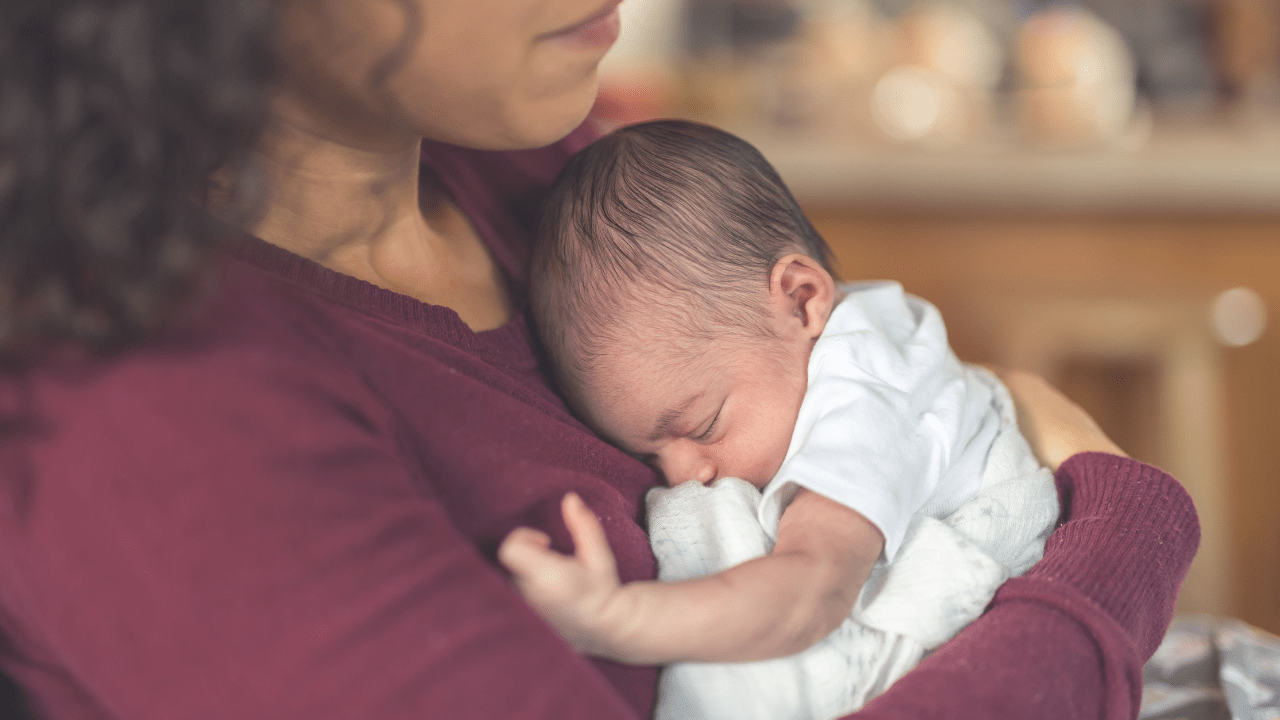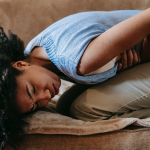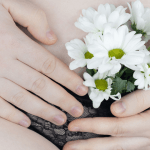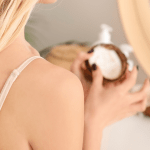You’ve probably heard that many things can happen to your vagina after you give birth, but for some reason, nobody likes to talk about postnatal vaginal dryness! So let’s do just that.
Postnatal vaginal dryness is a very common condition amongst new mothers. One symptom of vaginal dryness is uncomfortable or painful sex. The vagina can also become inflamed, which may cause burning and itching. One study in England showed that 83% of women experienced sexual problems within the first 3 months after the delivery of their first child. Yet only 13% talked to a health professional about the problems.

So whether you’re experiencing vaginal dryness, our it’s causing uncomfortable or painful sex, you are not alone.
Vaginal dryness is typically experienced in the first few months after pregnancy and also during breastfeeding. Levels of female sex hormones (estrogen and progesterone) typically don’t stabilize until a few months after pregnancy, after which periods return to normal. While breastfeeding, the production of the hormone prolactin interferes with estrogen and progesterone production and therefore our menstrual cycles.
So, what can you do?
Here are 3 easy steps to put you on track:
- Hydrate & Moisturize
Practice habits that help with lubrication such as drinking water & using a vaginal moisturizer. A good lubricant during sex and avoiding vaginal products that will irritate, such as sprays and douches, should also help significantly. Ensure that whatever products you are using are pH balanced to between 3.5 and 4.5. This is the normal pH range of the vagina during reproductive years. Using these pH-balanced products will help to avoid irritation and infection.
2. Communicate
It is so important to communicate with your partner to discuss any concerns. Having an open dialogue is important during this period when the body is trying to recover and you are both working to adapt to a new baby. You may need more foreplay or different positions for comfortable sex.

3. Speak to your physician about vaginal hormonal creams.
While this is a viable alternative for many women, these creams are typically tested on post-menopausal women and not postnatal women, so the long-term effects are not known. These hormonal creams are not designed to be pH balanced and therefore their impact on infections and other issues are not known. So be safe and make sure to consult your doctor!
Even though a woman may have the best midwives you could ever hope for while giving birth, most will not speak about vaginal dryness after childbirth. While being a new mother is a daunting task, it is essential for a woman to help herself when it comes to vaginal dryness as it’s a crucial aspect of post-natal care that should not be neglected.
Damiva has created 2 amazing – Mae & Cleo – that are Always 100% Natural™ and have absolutely No Chemicals™. These products are pH Perfect™ and Hormone Free™.








